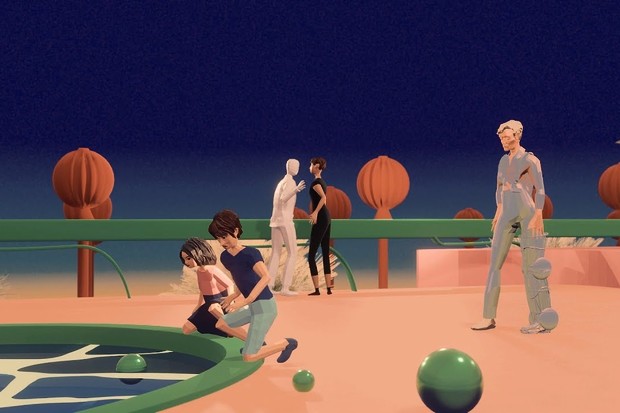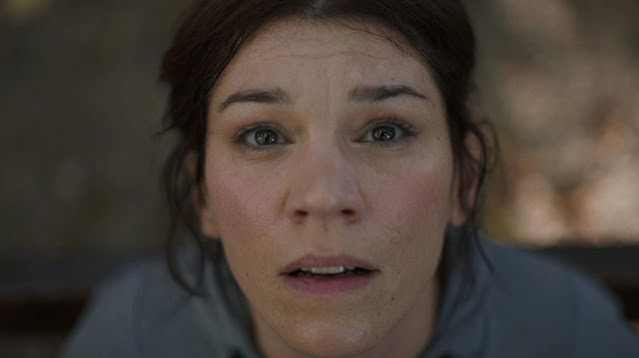previously published on Cineuropa
Back in 2021, Dalibor Barić, a Croatian filmmaker, and specialised graphic novelist and animator, was shortlisted for the Academy Awards for his feature-length debut, Accidental Luxuriance of the Translucent Watery Rebus (2020). That success, if not the previous acclaim on the festival circuit, with stops at Annecy and IFFR, drew the attention of the cinemagoing public to the auteur, who had until then preferred to stay out of the spotlight. Now, he is back with his second feature, All Operators Are Currently Unavailable, which has just premiered at the Pula Film Festival. Further exposure through the niche world of animation for adult audiences should follow.
The story follows a washed-up screenwriter called Roman Novotny (voiced by Nikša Marinović), who missed his chance at fame and glory owing to his uncompromising and mischievous attitude. Through his agent, he gets an offer he cannot refuse, although it is far from being his cup of tea. He gets a gig to write stories for clients vacationing at a mysterious, far-away Simula Peninsula resort operated by the visionary, unpredictable and slightly dictatorial scientist Dr Doppler (Boris Bakal).
The rules of the game seem simple, although it is never clear how it would work in a social situation. Everyone there should be treated as the hero of their own story, with the rest relegated to supporting characters or even extras who cannot interfere with other people’s stories. Although Roman can count on some help from his former collaborator Albert (Nikša Butijer), the task of finding a solution for Klara (Ana Vilenica), her fiancé (Frano Mašković) and the mysterious, blank entity of Persona might prove too hard for him. Once he is forced to fulfil a double role, that of a screenwriter and that of a character who has to substitute for the fiancé, his mind and his grip on reality, no matter how strange it might be, begin to fall apart.
Once again, Barić demonstrates his knack for defying the categorisation of film with his work, which brings animation and experimental cinema together in non-linear stories based on genre tropes from movies, literature and comic books. All Operators Are Currently Unavailable might be his most accessible work to date, but it is still obvious that it is far less about a narrative that can be followed and “understood” completely, and more about an unpleasant atmosphere (here verging on the body of work of the late David Lynch), the philosophical questions that viewers may ask along with the characters they are observing, and the artisan approach that Barić opts for.
For the first time, the filmmaker has worked with the freeware Blender program, which is not actually made primarily for animated cinema, but rather for retro-style, even simplistic video games. Nevertheless, it does a good job of integrating the hand-drawn characters and backgrounds, even when the simulation of the camera movements is added in. At times, it might not seem as smooth as desired, but that unfinished and “glitchy” feeling suits the material, and even seems like a perfect match and conscious choice.
Barić served as the writer, director and animator here, effectively handling the entire visual aspect, but also worked as his own editor. An extra hand in the editing room would have been useful to trim some of the running time because almost two hours of mind-bending action might seem too demanding for some. In the end, All Operators Are Currently Unavailable serves as a wild thrill ride of a film that can also be taken as a meditation on creation, destruction and re-creation.












